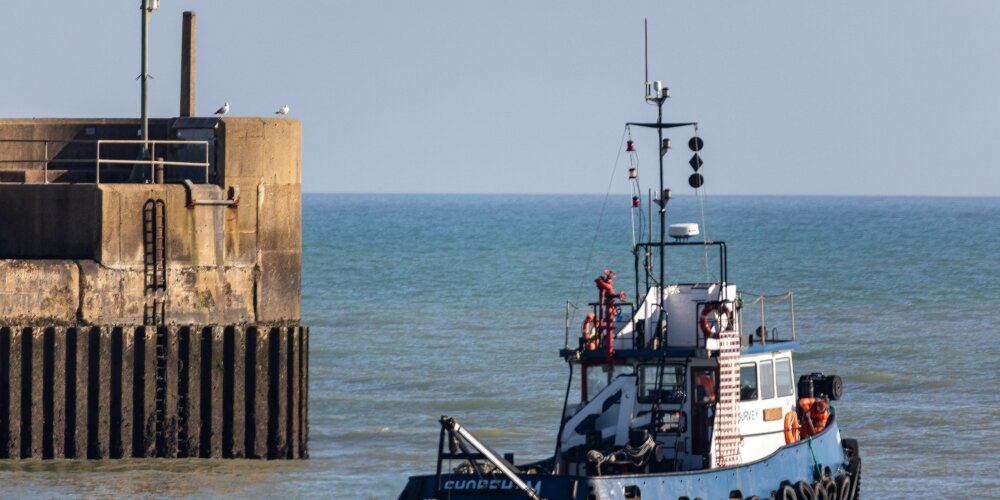Browse our services
Explore how Brookes Bell can help you
Find an expert
Meet our team, find and expert and connect
Contact us
Get in touch, we're here to help

The British Ports Association (BPA) has issued a response to the publication of the Department for Transport’s 2024 Port Freight Statistics. The statistics show a slight decline of 1% in total freight tonnages.
Dropping to 429.7 million tonnes, the BPA suggests that the statistics don’t present the whole picture. The BPA points out that:
Where cargo volumes have fallen, the BPA points out that this is primarily related to bulk cargoes such as crude oil, LNG, and coal - which are both linked to the global energy markets and the closure of the UK’s last coal-fired power station.
Commenting on the Department for Transport’s figures, George Finch, Policy & Economic Analyst at BPA, said:
“These figures confirm that while some traditional cargoes are subject to a long-term consolidation, UK ports are responding with resilience, innovation, and investment.
Ports across the country are evolving. The sector is investing hundreds of millions of pounds in upgraded container handling capacity and other facilities to meet both growing demands and changing trading patterns. Beyond freight, the ports industry is also playing a central role in driving the UK’s transition to a cleaner, more diversified economy and energy base.
As barometers of the economy, we want to see the country grow to fuel an increase in trade and we also welcome the government’s focus on planning and infrastructure to stimulate investment and development”.
The BPA also highlighted the extent to which British ports are diversifying their operations and income streams. Examples of this diversification include:
The BPA concluded its response to the Government’s figures by calling for a ‘supportive policy environment, improved planning processes, and long-term investment in port infrastructure, economic development and connectivity’.
Are you an owner, charterer, manager, or lawyer that needs assistance investigating an instance of dock damage?
Then draw upon Brookes Bell’s wealth of expertise and experience. Our team can provide you with advice on the impact, repairs and causation of fixed object damage.
For more maritime industry insights, news and information, read the Brookes Bell News and Knowledge Hub…
PD Ports Announces Plans to Develop Offshore Wind Hub | What Are the World’s Biggest Ports? | ABP to Test New Port Scheduling Programme